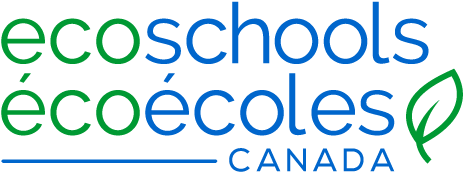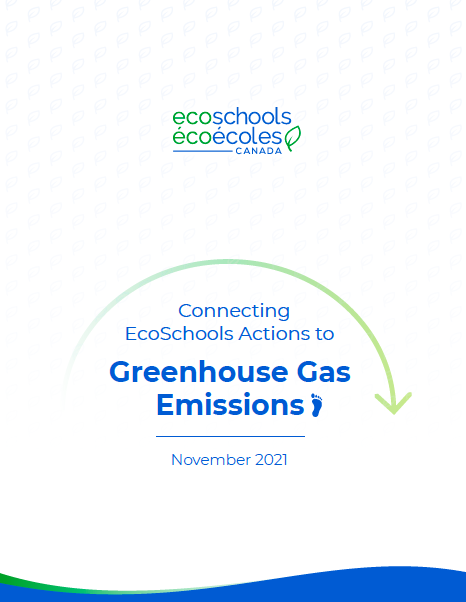During the first two weeks of November, the world watched as national and international leaders met in Glasgow at COP26 to discuss global efforts to combat climate change. A key focus of these discussions was the need to reduce greenhouse gas (GHG) emissions: the release of carbon dioxide, methane, and other gases from human activities that trap heat energy from the sun in Earth’s atmosphere and drive increased temperatures and extreme weather events such as floods, droughts, and forest fires.
In Canada, the federal government has made several commitments to reduce GHG emissions:
- In April 2021, Prime Minister Trudeau announces increased climate ambition to cut GHG emissions by 40-45 percent below 2005 levels by 2030.
- In June 2021, the Canadian Net-Zero Emissions Accountability Act was announced with its goal of achieving net-zero greenhouse gas emissions by 2050 with measured reductions in 5-year increments between 2030 and 2050.
- These and additional climate action pledges were highlighted in a statement from the Prime Minister’s office in alignment with COP26.
With greenhouse gas emission reductions on the minds of both governments and the broader public, especially young people, EcoSchools Canada is taking action with the release of a new report, Connecting EcoSchools Actions to Greenhouse Gas Emissions. This report details how schools’ participation in the EcoSchools program enables the collection and measurement of key sustainability data. Specifically, by converting the data submitted by schools through the EcoSchools Certification Application (ECA) into GHG reduction estimates, we are able to report on the individual and collective impact of school communities.
For example, in 2019, GHG emissions for Canada’s “Waste and others” sector clocked in at 51.5 megatonnes of carbon dioxide equivalent (Mt CO2 eq). Through participation in EcoSchools actions such as Conduct a Waste Audit, Reduce Your Food Waste, and Repurposing and Innovative Recycling, students and educators can clearly measure their current waste output, and develop a plan to work toward reducing their impacts, all while connecting to regional curricula.
For more information about how the EcoSchools program connects to GHG emission reductions, read the report.

